How to Get a Sponsorship for Your Nonprofit, Fundraiser, Event or Project
While conducting music business/marketing industry panels across the country, I’m often asked one question more than anything else: “How do I get an endorsement?” Other variations include “How do I get a sponsor?” or “How do I get free stuff?”
My philosophy is that if this is your point of view, you’re probably already doomed. Sponsors (whether music instrument companies, beer, or clothes, etc.) don’t care about what they can do for you. They care about what you can do for them – or rather, what you can do together. So to begin with, you have to switch the mentality from “What can I gain from this?” to “What can we gain from this relationship?” Below are a few things that I recommend in your approach:
Ask, straight up: There’s a saying that “the answer is always no until you ask.” In this world, there are three kinds of people: those who make things happen, those who wait for things to happen, and those who wonder “what the heck just happened?” Don’t wait for an opportunity. Create it by initiating contact, networking, or asking the right questions that will get you a lead, information on how to get a sponsor, etc. Don’t be afraid in emailing, calling, or scheduling an appointment to do an in-person presentation on why they should sponsor you. If you are rasing money for a great cause, explain it (but also explain how it will help their business). That being said…
The Approach: Find a way to be unique, succinct, and intriguing with your initial contact. My rep at the largest music instrument company in the world says that he gets 300-500 emails a week asking for endorsed artist information. So why did he pick my band, The Slants, out of all of those? Because we focused on their company, not ourselves. We offered a new target audience that they weren’t reaching, we had a unique angle to our music and branding, and they would benefit from working with us. Find a way to explain why you are the “first, the only, the original” of what you do. If you need help, try 15secondpitch.com to help your approach.
Offer an Idea (or 3): Offer an idea right away that the said company could benefit from or that you two could do together to bring more business for everyone. If you are adding value to them from the start, they will be more inclined to listen to you. Make everything more about “we” than just “me.” Throw out some possible collaborations or explain some of the ways they can get brand exposure.
Try Untapped Industries: Getting sponsors/endorsements is like rolling a snowball: once you get started, it becomes easier and more people will start to pay attention. Often times, if the sponsor you’re working with is happy, they’ll refer other companies to you. To get your start, try companies with less competition. For example, try local businesses that you already frequent (especially once that you have a relationship with) and see if they’d be willing to do some cross-promotional marketing.
Use Existing Resources: Have everyone in your or circle create a contact list of everyone they know: where they work, what position, etc. Use those contacts as a start; their company might not be able to help but they might know someone who can. All things being equal in life, people would rather do business with their friends.
Make it a Sales Call: Treat every contact like you would a sales call, because essentially that is what you are doing. Same exact method because you’re selling your services or cause. If you want them to “buy” (AKA giving your product or cash), then you have to give them a reason to. Create a list of the top 3-5 reasons why they would benefit from giving you what you’re asking for. Are you providing a good return on investment for them?
Follow Up: Treat these relationships like gold. People calue business partnerships, not business welfare programs. Give them regular reports of performance (such as brand expsoure, number of hits to the website/social media, etc) and continue throwing out more ways to work together.
